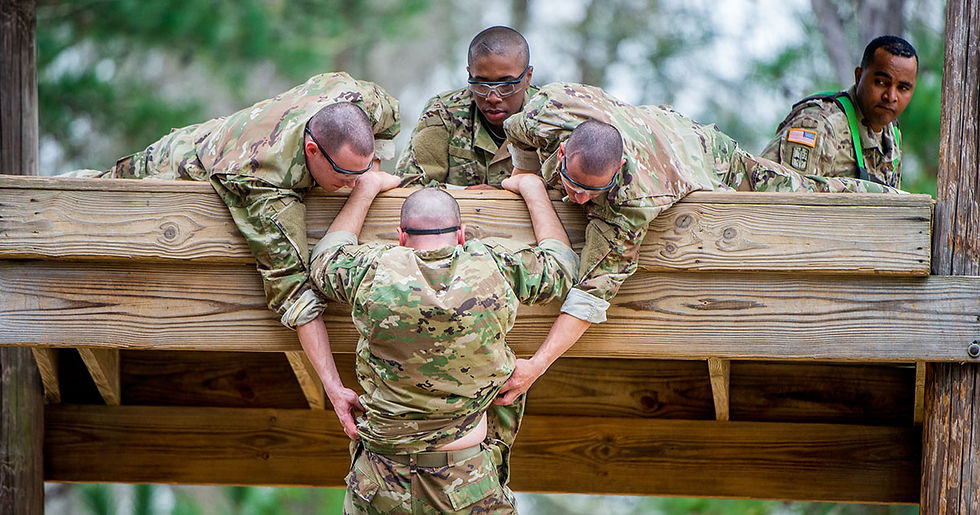Audie Murphy — The Most Decorated Soldier of WWII
- Ryan Rivaldi
- Nov 20, 2025
- 3 min read
Audie Murphy’s story is the stuff of legends, but it’s also deeply human—full of grit, courage, humor, and a relentless drive that transformed a scrawny Texas farm boy into one of the most celebrated American heroes of World War II.

Born on June 20, 1925, in Kingston, Texas, Murphy grew up poor during the Great Depression. He was the seventh of twelve children in a family struggling to make ends meet. Small for his age and often sickly, he was more familiar with hard labor on the family farm than with anything glamorous. But Murphy had an indomitable spirit, a fierce independence, and an eagerness to prove himself that would define his life.
When WWII erupted, Murphy was eager to serve his country. At just 17, he tried to enlist in the military multiple times but was turned away due to his youth and slight build. Finally, in 1942, at 17 years and 9 months old, he convinced the Army to accept him. What he lacked in size, he more than made up for in sheer determination.
Murphy’s military career began in the 15th Infantry Regiment, 3rd Infantry Division. Early on, he faced the brutal realities of war in North Africa and Sicily, but it was in Italy and later France that his heroism became legendary. He was a natural leader, often taking on dangerous missions, rallying his fellow soldiers, and repeatedly putting himself in harm’s way.
One of the most famous stories comes from January 26, 1945, near Holtzwihr, France. Murphy, then a second lieutenant, was ordered to hold off a German attack with just a handful of men. When the enemy tanks and infantry advanced, Murphy mounted an abandoned burning tank destroyer and, armed with a .50 caliber machine gun, opened fire. Despite being wounded, he directed artillery fire and continued fighting until the enemy retreated. This action alone saved his company and earned him the Medal of Honor—the highest U.S. military decoration.
But Murphy’s bravery wasn’t limited to single battles. Over the course of the war, he was wounded multiple times, earned every major American combat award for valor—including the Distinguished Service Cross, two Silver Stars, and three Purple Hearts—and was also recognized by France and Belgium with their highest honors.
Despite his incredible feats, Murphy was never cocky or arrogant. He was known for his humility, a trait that endeared him to his men and comrades. He often joked that he was “the most reluctant hero,” and his humor and humility helped him and his fellow soldiers endure the horrors of war.

After the war, Murphy faced a new kind of battle: adjusting to civilian life. Like many veterans, he struggled with what we now understand as PTSD. Yet he channeled his experiences into storytelling, becoming an actor and author. His autobiography, To Hell and Back, became a bestseller, and he famously portrayed himself in the 1955 film adaptation. This was unusual at the time and showcased not just his bravery but his charisma and resilience.
Murphy’s post-war life was a testament to his complexity. He was a war hero, a Hollywood star, and an advocate for veterans, often speaking out about the challenges they faced. Despite his fame, he remained grounded, always remembering his roots and the sacrifices of those who served alongside him.
His legacy goes beyond medals and movies. Audie Murphy symbolized the courage and resilience of the Greatest Generation, the ordinary Americans who rose to extraordinary challenges. He proved that heroism is not about size or background but about heart, commitment, and the will to keep going against all odds.
For VeteranCrowd and our community, Murphy’s story is a powerful reminder: those who serve deserve more than just gratitude—they deserve respect, support, and rewards that recognize their sacrifices without hassle or barriers.



Comments